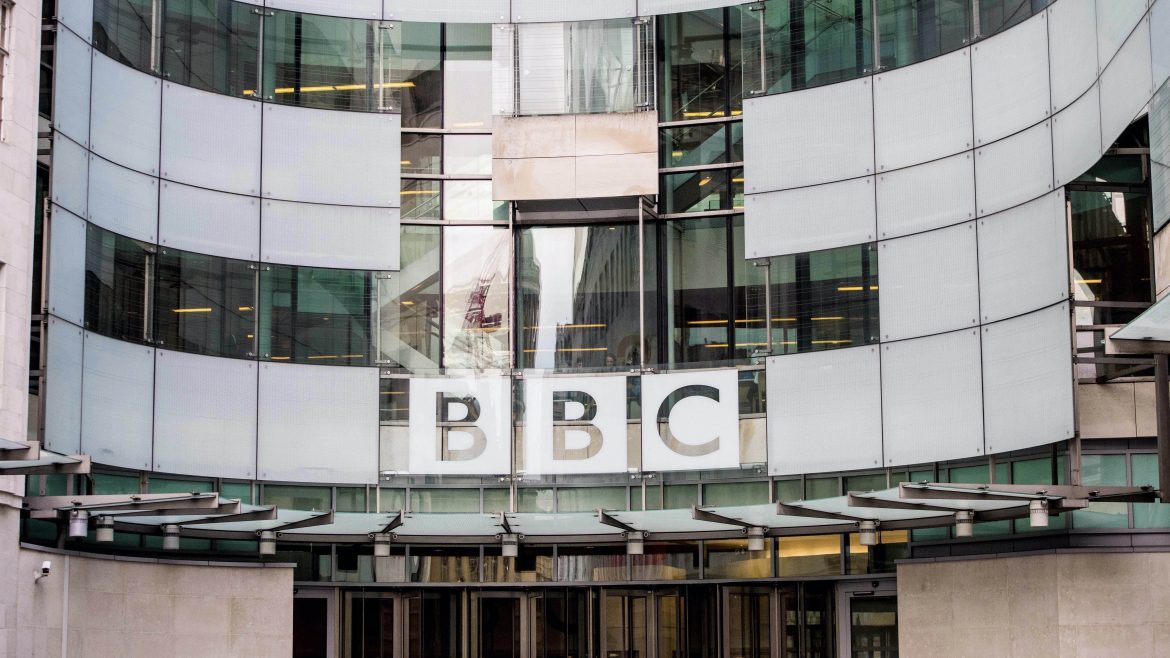Last week, the BBC published a comprehensive set of new rules to ensure “the highest possible standards of impartiality across the organisation”. These guidelines were to apply to all BBC employees, ranging from Laura Kuenssberg to Gary Lineker.
The new BBC director-general Tim Davie informed his staff they must avoid “virtue signalling” and indicating personal views, “no matter how apparently worthy the cause”.
The guidelines paint “virtue signalling” as a scourge of the internet that is not befitting of BBC employees – suggesting it is merely a selfish attempt to make oneself feel morally superior. But, when it comes to important social justice movements, whose goals can only be reached if society as a whole champions them, to signal your personal virtue and pledge your support, should not be seen as a bad thing.
This feeling is shared by a number of BBC employees, including newsdesk and planning editor Neil Henderson, who reacted to the new guidelines by tweeting:
James Wong, a frequent contributor to Countryfile, also chimed in:
As highlighted by Wong, the very use of the phrase “virtue signalling” is meaningful and fairly worrying.
The term was originally coined in 2015 by James Bartholomew in The Spectator, who decried people on social media who say how much they do or do not like a certain thing for the sole purpose of feeling good about themselves, whilst playing no active role in fixing the issue.
This seems like a fairly reasonable phenomenon to criticise, but when interpreted poorly, almost any statement becomes “virtue signalling” – an attempt to look good for thinking the right thing.
You like reading books? You’re just trying to look like you do a lot of reading to look smart, you virtue signaller.
This basic interpretation has since been adopted by some on the right, who then use it as a put-down any time an individual says or does something in support of a worthy cause.
The problem is, labelling a point made by an individual as “virtue signalling” does not invalidate the point being made. In any discussion, it should be the ideas that are the focus, not the perceived self-righteousness of the individual making the point. Whether it be supporting racial equality, showing support for fallen soldiers, or in Marcus Rashford’s case, campaigning for free school meals.
This brings us to the BBC and its use of the term in its new guidelines:
“Avoid ‘virtue signalling’ — retweets, likes or joining online campaigns to indicate a personal view, no matter, how apparently worthy the cause.”
That is the exact wording of the fourth paragraph in section two, rule three, of the new BBC guidelines. Reading that it is fairly clear that the BBC have not used Bartholomew’s original definition of “virtue signalling”, but instead adopted the more basic and frankly ridiculous definition that any attempt to promote a social justice cause, no matter how genuine, is “virtue signalling”.
There was an initial fear that this included a ban on all BBC employees from attending events in the name of human rights but Davie later clarified the rules, at least in relation to LGBT rights.
He said: “Attending Pride parades is possible within the guidelines, but staff need to ensure that they are not seen to be taking a stand on politicised or contested issues.” He has not, however, stated whether Black Lives Matter marches are being determined similarly, or that they are instead deemed “politicised or contested issues”.
What the BBC has still stuck by, however, is restricting its employees from donning a BLM armband or Pride pin – this is where the real hypocrisy lies, because the BBC somehow distinguishes between wearing these, and wearing a poppy.
The BBC is not signalling that it feels supporting the Poppy Appeal is any more worthy than supporting LGBT rights or racial equality – all three are incredibly worthy causes. But it is clearly demonstrating how well aware it is of the criticism it would face from those on the right if it were to categorise these different causes as of equal worth.
For some reason many people, mostly on the right, feel it is perfectly acceptable to critique the Black Lives Matter movement, and yet will reflexively clutch their pearls if you so much as choose to not wear a poppy. These are the people the BBC is pandering to with its new guidelines.
But what both the BBC and those on the right fail to realise is that, as much as they may say otherwise, wearing a poppy is “virtue signalling”.
However, just because something is considered by some to be “virtue signalling” does not mean the point is any less valid. This goes for wearing a poppy, and it also goes for racial equality.
This is why it is so frustrating that the BBC has come to the conclusion that wearing a poppy is acceptable and does not fit their skewed definition of “virtue signalling”, but publicly displaying your support for racial equality does, and thus, is not safe for BBC broadcast.





